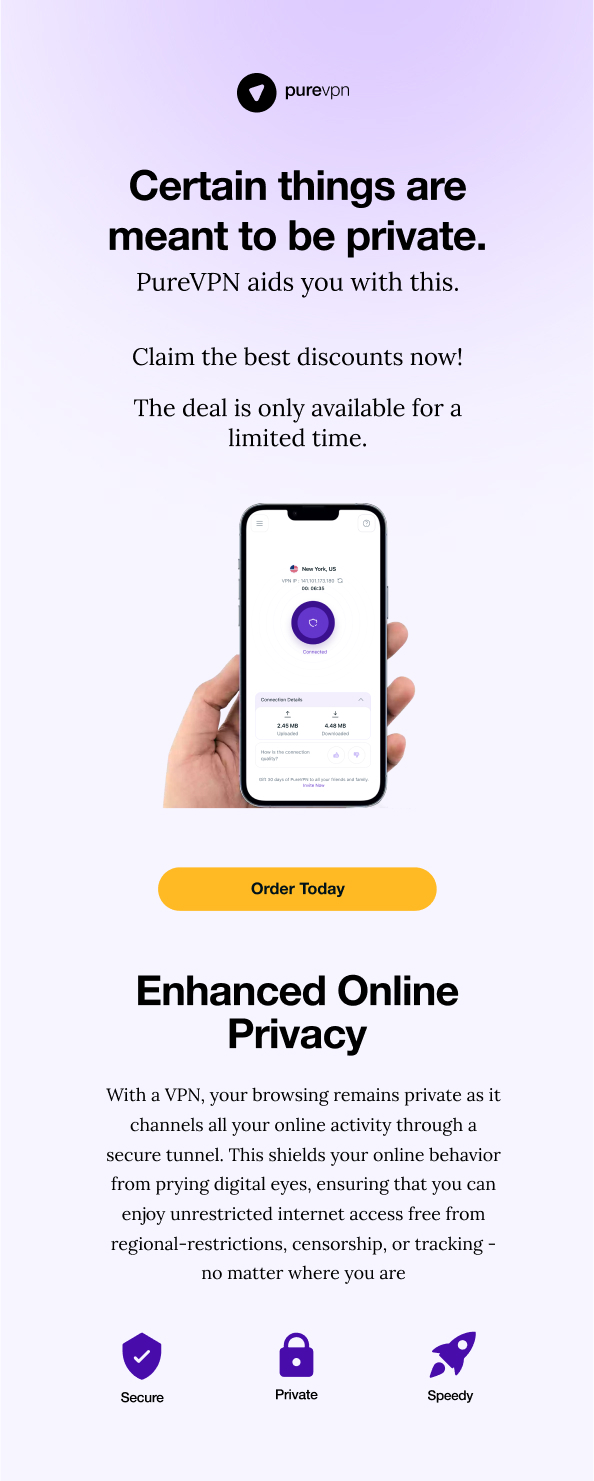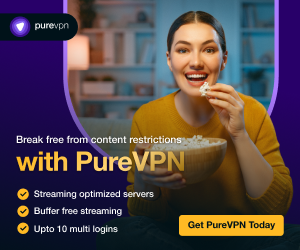What is a VPN and Why You Should Use One in 2025
In today’s digital world, online privacy and security are more important than ever. Every time you connect to the internet, your personal data, browsing history, and even location could be exposed. This is where a VPN (Virtual Private Network) comes in.
What is a VPN?
A VPN (Virtual Private Network) is a secure tunnel between your device and the internet. Instead of connecting directly to a website or app, your internet traffic goes through an encrypted server first. This masks your real IP address and location, making your browsing activity private and secure.
Benefits of Using a VPN
Using a VPN provides more than just privacy. Here are the key benefits:
1. Enhanced Online Privacy
A VPN hides your IP address, so websites, apps, and even your internet provider can’t track your online activities.
2. Stronger Security
VPNs encrypt your internet traffic, protecting sensitive information like passwords, banking details, and private messages from hackers—especially on public Wi-Fi.
3. Access to Geo-Restricted Content
Ever seen “This content is not available in your region”? With a VPN, you can connect through servers in different countries, unlocking streaming services, websites, and apps worldwide.
4. Bypass Internet Censorship
In countries with restricted internet access, VPNs help bypass censorship, giving you access to open information and communication.
5. Save Money on Online Shopping & Flights
Some websites show different prices based on your location. By switching your virtual location with a VPN, you might find cheaper deals on flights, hotels, and digital services.
Do You Need a VPN?
If you care about online privacy, security, and unrestricted access to the web, then yes — a VPN is a must-have tool. Whether you’re working remotely, traveling, or just streaming movies, a VPN gives you control over your digital footprint.
✅ Key Takeaway:
A VPN is essential in 2025 for protecting your data, keeping hackers away, and enjoying the internet without borders.




















